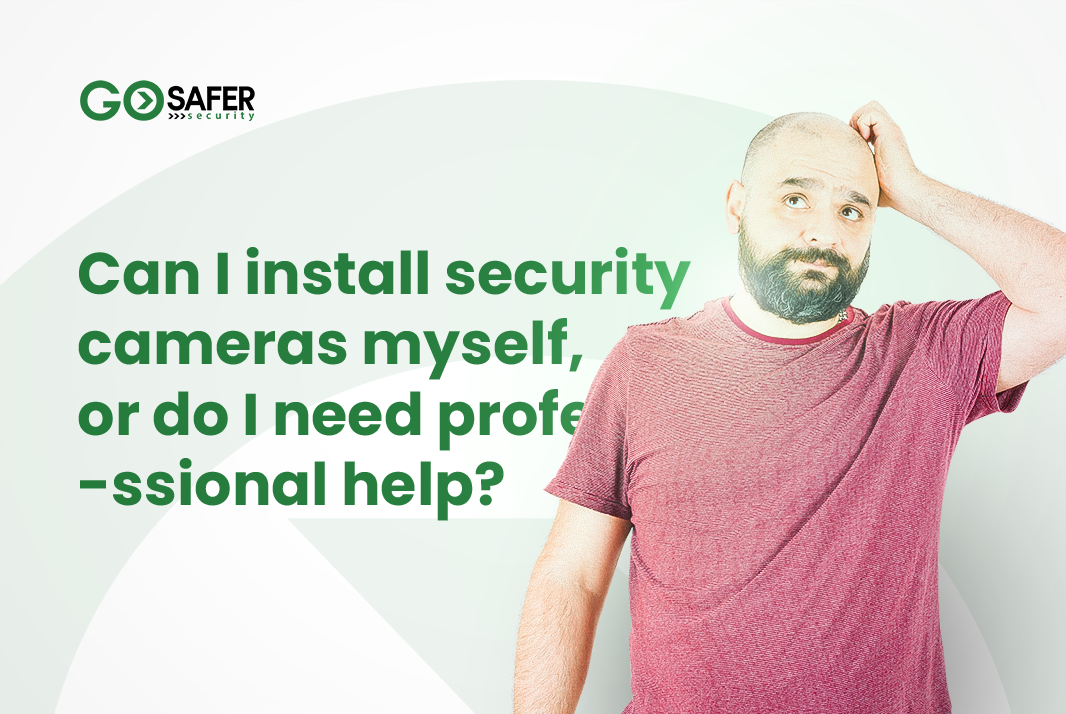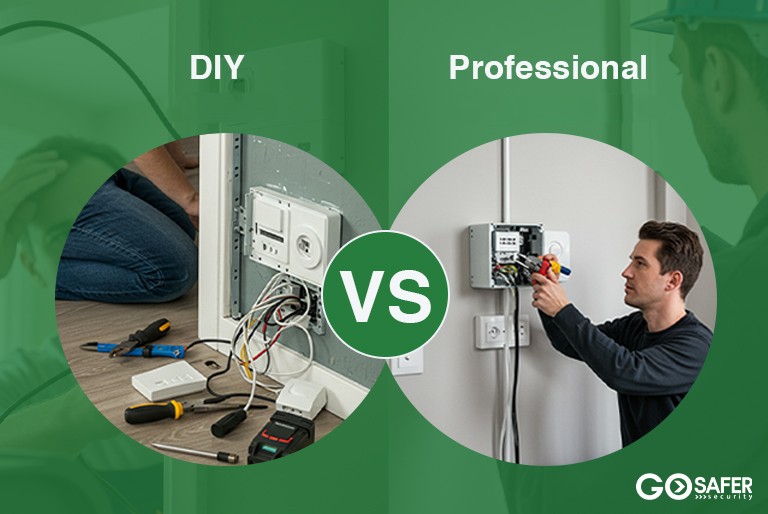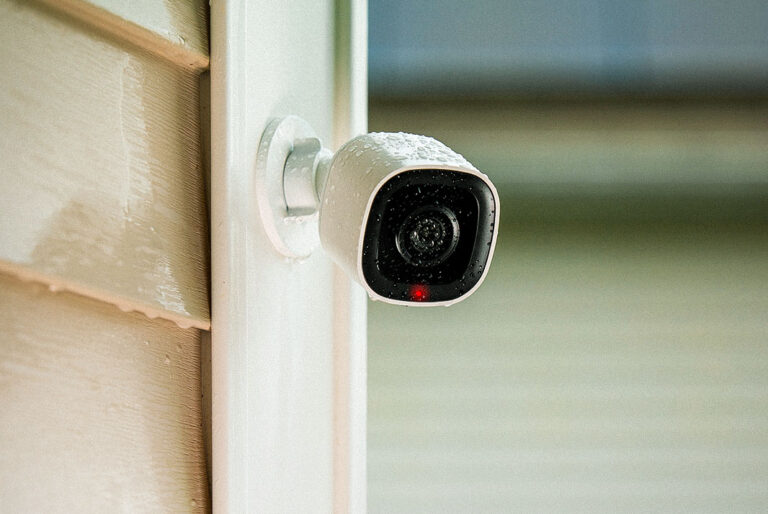Table of Contents
ToggleSelf-Installing Security Cameras vs. Hiring Professionals: What’s Best for You?
Key Takeaways
- DIY vs. Professional Installation: Understand the pros and cons.
- Technical Requirements: Gauge your technical skill level and equipment needs.
- Cost Implications: Compare the costs of DIY vs. hiring a professional.
- Legal Considerations: Be aware of privacy laws affecting camera installation.
Many homeowners and business owners ponder whether to install security cameras themselves or seek professional assistance. This decision hinges on several factors, including technical know-how, the complexity of the installation, cost considerations, and legal implications. Addressing these concerns at the outset can guide you towards making an informed choice that aligns with your security needs and personal capabilities.
DIY Installation: Empowering but Challenging
Understanding the Basics
Before embarking on a DIY security camera installation, it’s crucial to assess your technical skills and understand the system’s requirements. Modern security cameras offer a range of connectivity options, including Wi-Fi and wired connections, each with its own set of challenges and requirements.
Pros of DIY Installation:
- Cost Savings: Avoiding professional installation fees can significantly reduce overall costs.
- Flexibility: DIY installation allows you to customize the setup to your specific needs.
- Personal Satisfaction: There’s a sense of achievement in successfully installing your security system.
Cons of DIY Installation:
- Technical Challenges: Without the requisite technical knowledge, you might struggle with installation.
- Time Consumption: DIY projects can be time-consuming, especially for novices.
- Potential for Mistakes: Incorrect installation can lead to system failures or inadequate coverage.
Technical Requirements and Preparation
- Assess the installation site to determine the best positions for cameras.
- Ensure you have the necessary tools and equipment, such as drills, ladders, and network tools.
- Familiarize yourself with the camera system’s setup process, which may include software installation and network configuration.
Professional Installation: When to Consider It
Evaluating the Need for Expertise
There are scenarios where hiring a professional installer is advisable. Complex systems, large properties, or the desire for a seamlessly integrated security network are factors that might necessitate professional help.
Pros of Professional Installation:
- Expertise: Professionals bring experience and knowledge, ensuring optimal setup.
- Convenience: Saves time and effort, as the installation process is handled by experts.
- Reliability: Professional installation often comes with service guarantees and technical support.
Cons of Professional Installation:
- Cost: The primary drawback is the additional cost of hiring experts.
- Scheduling: You’ll need to schedule the installation, which might not align with your immediate needs.
Cost Implications and Making the Decision
Comparing the costs of DIY versus professional installation is crucial. While DIY can save money upfront, consider the long-term effectiveness and reliability of your installation. Professional services, though costlier, ensure that your system is set up correctly and often come with ongoing support.
Legal Considerations and Privacy Laws
Understanding Your Responsibilities
Regardless of the installation method chosen, it’s essential to be aware of local privacy laws and regulations. Ensuring that your security cameras do not infringe on others’ privacy rights is crucial to avoid legal issues.
Key Points to Consider:
- Public vs. private spaces: Ensure cameras are positioned to monitor your property without overlooking public areas or neighbors’ private spaces.
- Audio recording: Some jurisdictions have strict laws regarding audio recording without consent.
Making an Informed Choice
Deciding whether to install security cameras yourself or hire a professional depends on various factors, including your technical ability, the complexity of the system, cost considerations, and legal requirements. By carefully evaluating these aspects, you can choose the path that best suits your needs, ensuring your property is securely monitored while respecting privacy laws and budget constraints.
In conclusion, whether you opt for a DIY approach or professional installation, the peace of mind that comes with enhanced security is invaluable. Consider your options carefully, and choose the route that best aligns with your capabilities and requirements for a secure and efficient surveillance system.







